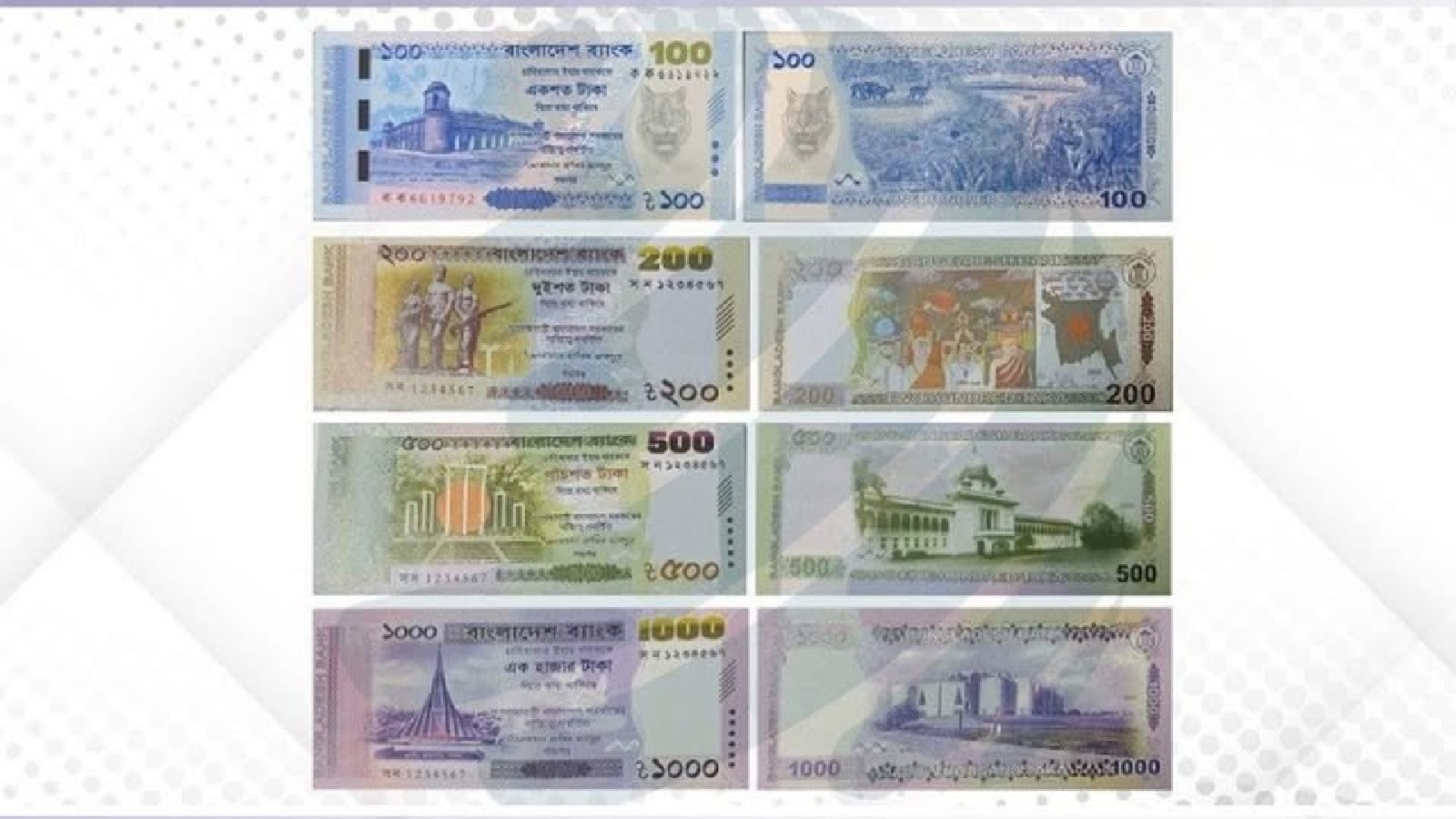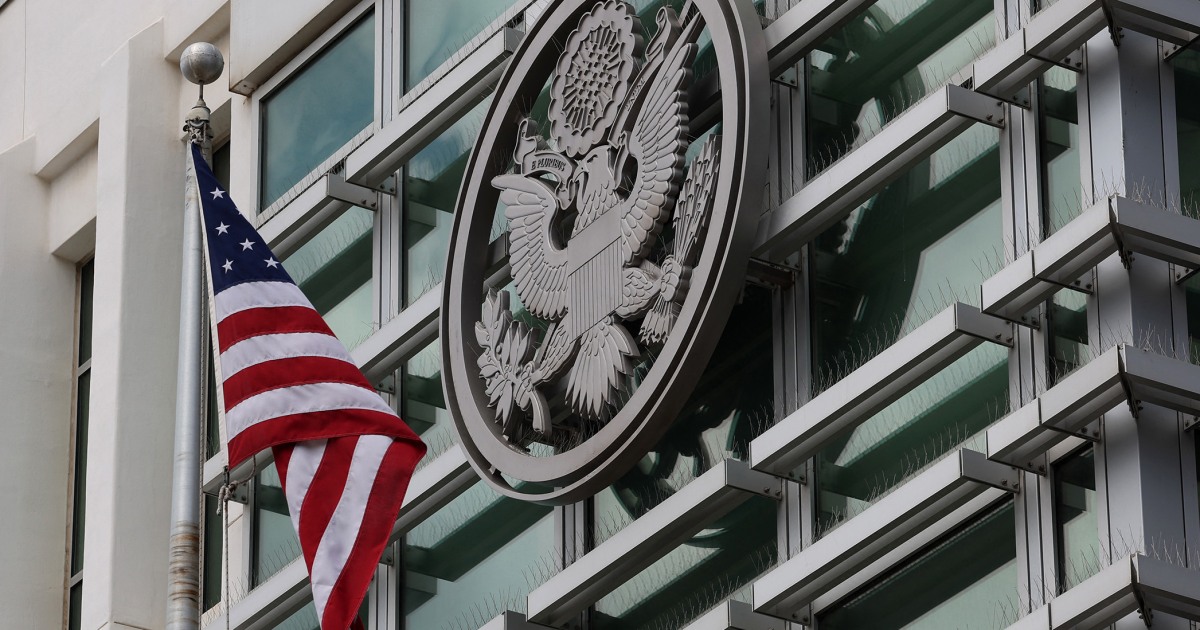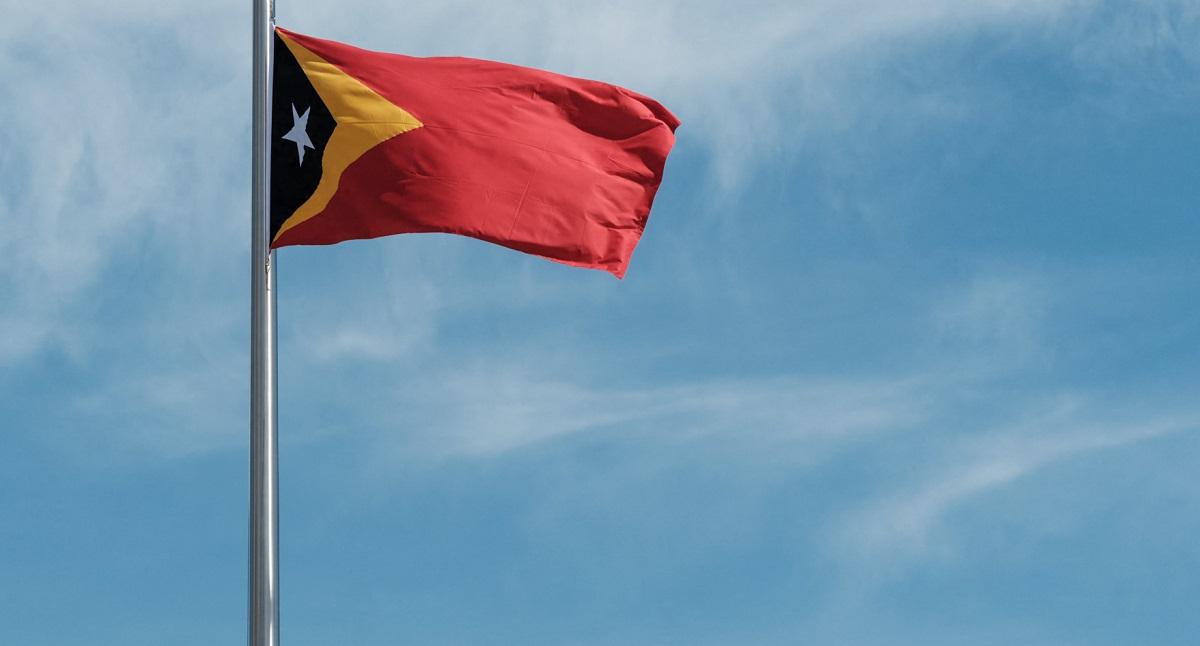India Strengthens Ties with Kabul as Pakistan and Afghanistan Reopen Diplomatic Channels

Islamabad, Pakistan – Amid ongoing tensions between India and Pakistan, which involved a dramatic exchange of missiles and drones nearly two weeks ago, Pakistan is actively pursuing diplomatic efforts with its neighboring countries, China and Afghanistan. This week's developments signal a potential thaw in relations between Islamabad and Kabul, which have been strained for nearly four years.
On May 21, an informal trilateral meeting took place in Beijing, involving the foreign ministers of China, Pakistan, and Afghanistan. This forum, which was initially launched in 2017, last convened in May 2023. The gathering was noteworthy not only for its timing but also for what it could herald for future diplomatic interactions.
Chinese Foreign Minister Wang Yi reported that both Pakistan and Afghanistan expressed a clear desire to elevate their diplomatic relations, with an agreement in principle to exchange ambassadors as soon as feasible. Wang emphasized that China would continue to support efforts aimed at improving relations between the two nations, stating, “China welcomed this and will continue to provide assistance for the improvement of Afghanistan-Pakistan relations.”
Adding to the significance of the meeting, Wang announced that the China-Pakistan Economic Corridor (CPEC), a substantial $62 billion project under China's Belt and Road Initiative (BRI), would now extend into Afghanistan. This move underscores the broader aspirations of economic integration in the region.
A Pakistani diplomat with firsthand knowledge of the discussions told Al Jazeera that subsequent trilateral meetings are anticipated “very soon,” likely within weeks, to build on the positive momentum established during the Beijing conclave. “I am reasonably optimistic about the outcomes. It was a great confidence- and trust-building exercise between the three countries,” the official remarked, speaking on condition of anonymity.
These diplomatic efforts come in the wake of a four-day standoff between India and Pakistan, where both nations engaged in a verbal confrontation, each claiming victory. The conflict, which occurred from May 7 to May 10, ignited after Indian military strikes targeted what they termed “terrorist infrastructure” within Pakistan. This was a retaliatory action following a deadly attack in Pahalgam, Indian-administered Kashmir, that resulted in the deaths of 26 civilians, with India attributing the blame to Pakistan-based militant groups—a claim that Islamabad has vehemently denied.
China’s role in urging restraint from both sides has been notable, particularly as it continues to bolster Pakistan’s military capabilities through the provision of advanced fighter jets, missiles, and air defense systems.
Indian Foreign Minister S. Jaishankar acknowledged Afghan acting Foreign Minister Amir Khan Muttaqi's condemnation of the Pahalgam attack during a recent conversation, highlighting the complex web of regional diplomacy. Reports suggest that a senior Taliban figure, Ibrahim Sadr, visited New Delhi earlier in May, further complicating the diplomatic landscape.
Mustafa Hyder Sayed, Executive Director of the Islamabad-based Pakistan-China Institute, characterized the Beijing meeting as “very significant,” especially given Afghanistan’s geopolitical importance. He stated, “For Pakistan and China, the conflict with India has reinforced strategic clarity” on the necessity of collaboration with Afghanistan.
Political analyst Tameem Bahiss from Kabul echoed this sentiment. He indicated that the conversation between Muttaqi and Jaishankar marks a considerable shift in India-Afghanistan relations, which could evoke concern in Islamabad given the already volatile regional climate. “The timing of this trilateral meeting, not just its content, reflects an urgent need for coordination among these three countries as new geopolitical dynamics take shape in South and Central Asia,” he added.
The relationship between Pakistan and the Taliban has been rocky since the latter's return to power in August 2021. Historically, Pakistan has been a significant ally of the Taliban, but recent accusations from Islamabad suggest that the Taliban is allowing groups like Tehreek-e-Taliban Pakistan (TTP) to operate from its territory, carrying out attacks within Pakistan—a claim the Taliban disputes. The TTP, which has ideological ties with the Afghan Taliban, operates independently but has been a source of tension between the two nations.
According to the Pak Institute for Peace Studies, Pakistan endured 521 attacks in 2024, a staggering 70% increase from the previous year, leading to nearly 1,000 casualties among civilians and security forces. In light of these security challenges, Pakistan’s Foreign Minister Ishaq Dar visited Kabul on April 19, just days before the Pahalgam attack, in what was perceived as an effort to mend ties.
Ihsanullah Tipu, a security analyst based in Islamabad, noted that Pakistan's renewed diplomatic overtures towards Afghanistan are primarily motivated by security concerns. He argued that before meaningful trade ties can be established, security issues must be prioritized, a perspective also shared by China. “To foster meaningful trade ties, Pakistan’s security concerns must be addressed first,” Tipu stated, adding that failure to do so could escalate tensions toward armed conflict. He also emphasized that China's significant influence and relationships with both Pakistan and Afghanistan position it as an essential facilitator in ensuring commitment adherence.
Shared security threats loom large over the discussions. Pakistan continues to accuse the Afghan Taliban of harboring fighters responsible for attacks on Pakistani soil, with many assaults increasingly targeting Chinese nationals involved in CPEC projects. Estimates suggest that around 20,000 Chinese nationals reside in Pakistan, with a troubling number killed in violence since the Taliban's return to power.
Furthermore, China has raised alarms about the East Turkestan Islamic Movement (ETIM), claiming that its members utilize Afghan territory for operations against Chinese interests. Sayed from PCI underscored that both Pakistan and China regard security as their paramount interest in Afghanistan, highlighting the interconnectedness of various militant networks operating within the region. “This is a shared threat, and in the past, the ETIM has also had a significant presence in Afghanistan,” he asserted.
Despite these issues, Bahiss pointed out that most regional countries, including China, have found the security situation in Afghanistan acceptable since the Taliban's takeover, allowing for continued economic engagement. The notable exception is Pakistan, which faces ongoing serious threats from Afghan territory. While Pakistan seeks to neutralize the TTP, Kabul is focused on broader issues of trade, transit, and regional integration.
India's warming ties with Afghanistan have historical roots, especially during the civilian governments from 2001 to 2021. Over recent months, interactions between officials in New Delhi and Kabul have increased, including the significant Jaishankar-Muttaqi conversation.
Does this burgeoning relationship raise alarms in Islamabad? Sayed suggests that Pakistan doesn't harbor mistrust toward Kabul; rather, it seeks concrete actions against groups like the TTP. “I don’t think either Beijing or Islamabad opposes Kabul having positive relations with India, as long as it doesn’t compromise the interests of Pakistan and China,” he stated.
Bahiss, however, warns that New Delhi’s rapprochement with the Taliban may lead to anxiety in Pakistan and China, both of which historically maintain strained relations with India. “The timing of recent India-Afghanistan contacts may escalate concerns in Islamabad,” he said. “Afghanistan possesses the sovereign right to engage with any country, including India, but it must tread carefully. Clear messaging is essential to ensure that its growing ties with New Delhi don’t mislead other regional players into perceiving them as threats.” He concluded that navigating these complex relationships will necessitate a delicate balance of diplomacy, transparency, and mutual respect.



























